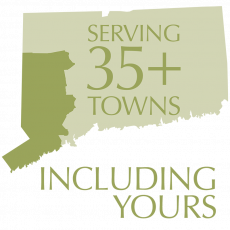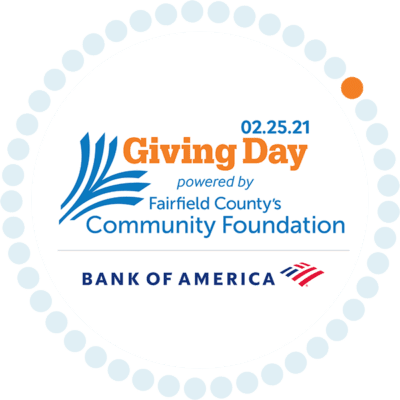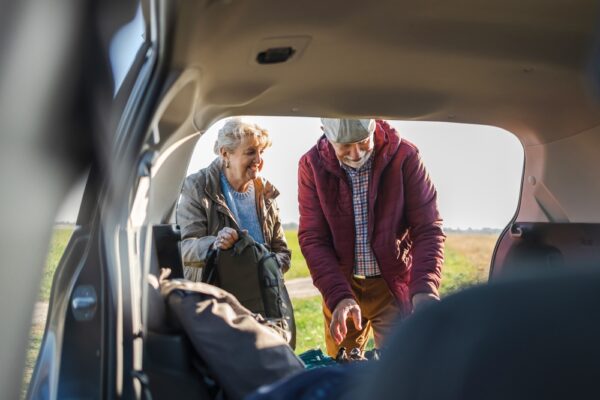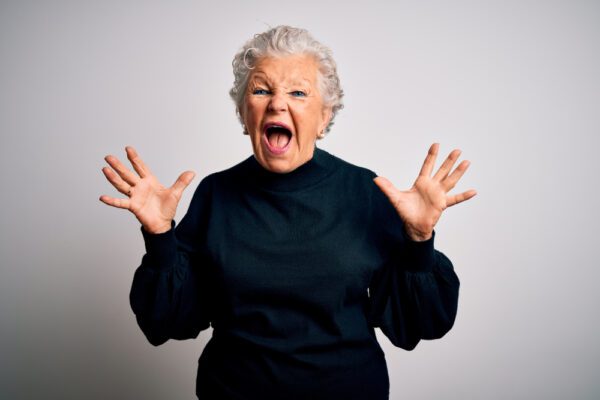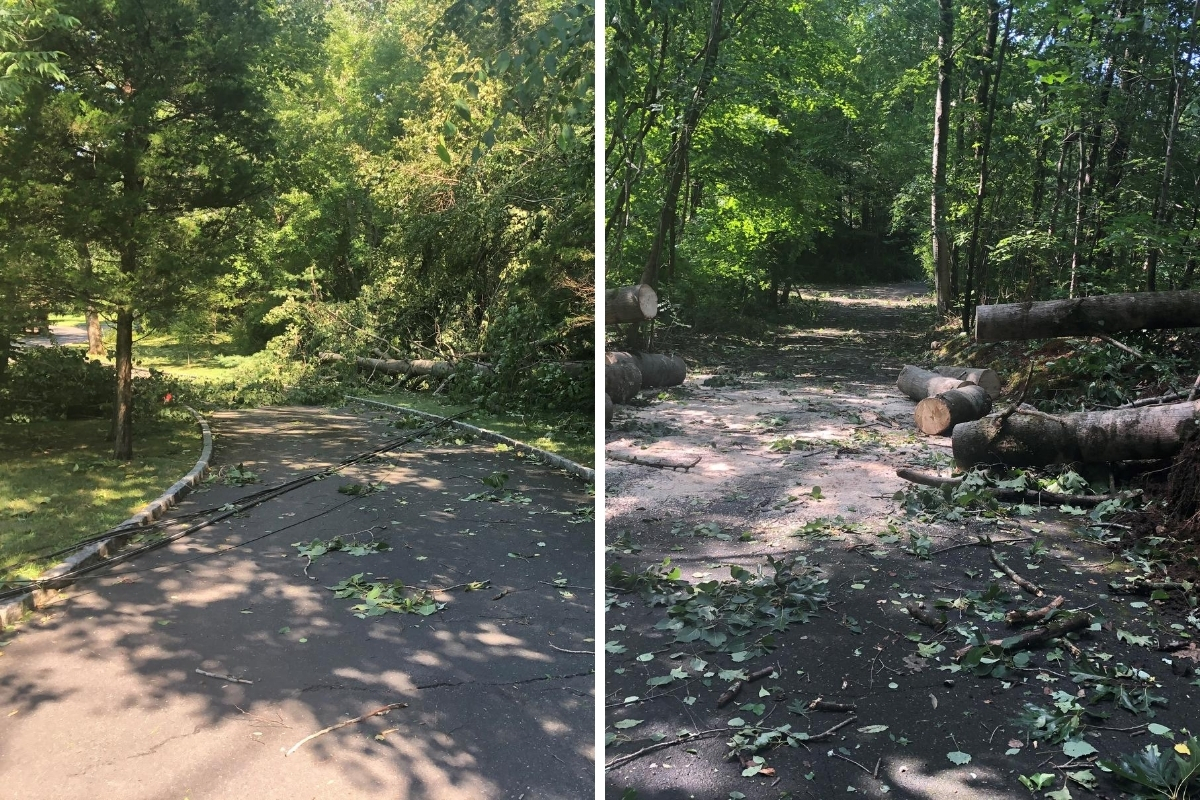

Above: RVNAhealth Navigator Michelle Stewart shared these photos of her road in Redding where trees and power lines had fallen. It was impassable until crews cut out a section of a large tree that had fallen across the road.
While we are still navigating the COVID-19 pandemic, the communities that we serve are struggling with damages left in the wake of Tropical Storm Isaias.
Throughout this second emergency, the RVNAhealth team continues to provide patients and clients with the care that they need in the 28 towns we serve. But with many towns reporting significant numbers of their utility customers still without power, cell coverage spotty, and fallen trees and power lines making some roads still dangerous, we would like to stress that your No.1 job is to stay safe.
Here are some safety recommendations from Eversource:
- If you must drive, watch out for trees and wires on the roads. Do not drive across downed power lines. Treat all nonworking traffic lights as stop signs, and proceed cautiously at intersections.
- Stay clear of all fallen tree limbs and electrical wires as well as anything they are touching – such as puddles or metal fences.
- Notify local fire, police, and electric utility officials about downed power lines.
- Do not enter damaged buildings with flame lanterns, candles or lighted cigarettes because there may be gas leaks.
- If you smell gas, leave immediately. Get to a safe place and call 911.
- Once your power is restored, plug in and then turn on your appliances one at a time to avoid a power surge.
- If all of your neighbors have their power back on, but yours is still out, report your outage to your utility company.
- If you require emergency shelter, either because of damage to your home, the temperature or other reasons, contact the American Red Cross online or dial 211.
You can still be a friendly neighbor and check in on individuals who live alone or might not have a support system, says Katelyn Scribner, RVNAhealth Community Health & Wellness Coordinator. “Just be sure to follow social distancing recommendations, and wear a mask to protect yourself and others,” she says.
For more recommendations on coping with severe weather during COVID-19, visit the CDC’s hurricane preparedness page.

